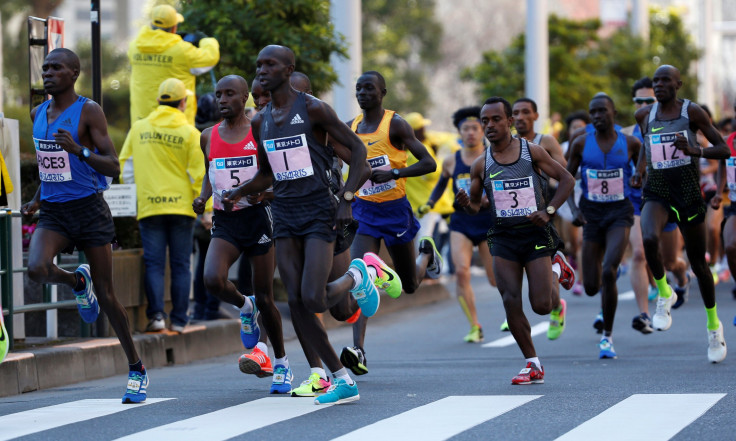How To Live Longer: Running Could Add Years And Hours To Your Life

Avid joggers, sprinters and marathon participants received some encouraging, albeit somewhat unsurprising, news: running may be the new fountain of youth.
A recent update to a three-year-old study by the Cooper Institute in Dallas has revealed that running could lengthen lifespan by a measurable duration that’s connected to how much you run.
The base of the study outlined that those who ran decreased their risk of “premature mortality” by about 25 to 40 percent and were found to actually live about three years longer than those who do not run. Even running at a slower pace and at least for a few minutes proved to have benefits, as long as runners stuck with it, the study pointed out.
Read: How To Look Younger: High Intensity Exercise Reverses Aging Process In Older People
“People may not need to run a lot to get the health benefits,” lead author of the study and a professor of kinesiology at Iowa State University, Duck-chul told CBS News when the study was originally released in July 2014. “I hope this study can motivate more people to start running and to continue running as an attainable health goal.”
The authors of the study found they had to update their findings after they were hit with countless questions regarding the how long and how often running can directly impact longevity. Could more running actually be more harmful? People also wanted to know the measurement of time spent running compared to time added to life expectancy.
Other reports and studies have stated that too much high-impact running can be hazardous instead of helpful. Dr. James O’Keefe, director of preventive cardiology at the Kansas City-based Mid-American Heart Institute, has stated that extreme exercise is “not conducive to great long-term cardiovascular health.”
The Cooper Institute authors revisited their findings to discover that running by the hour against gaining an hour could lead to a longer lifespan as opposed to shortening it. They discovered that prolonged running could not adversely affect lifespan.
© Copyright IBTimes 2025. All rights reserved.






















